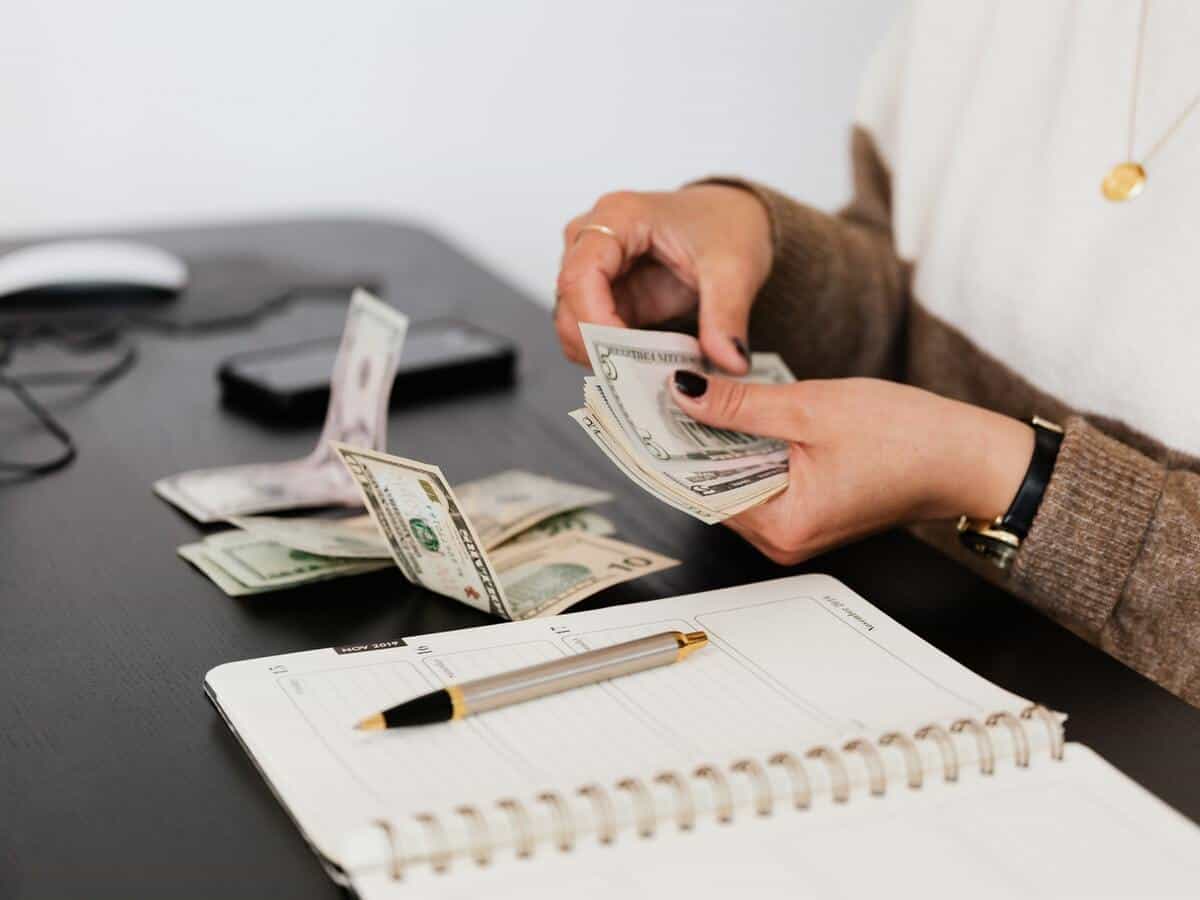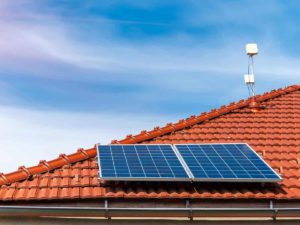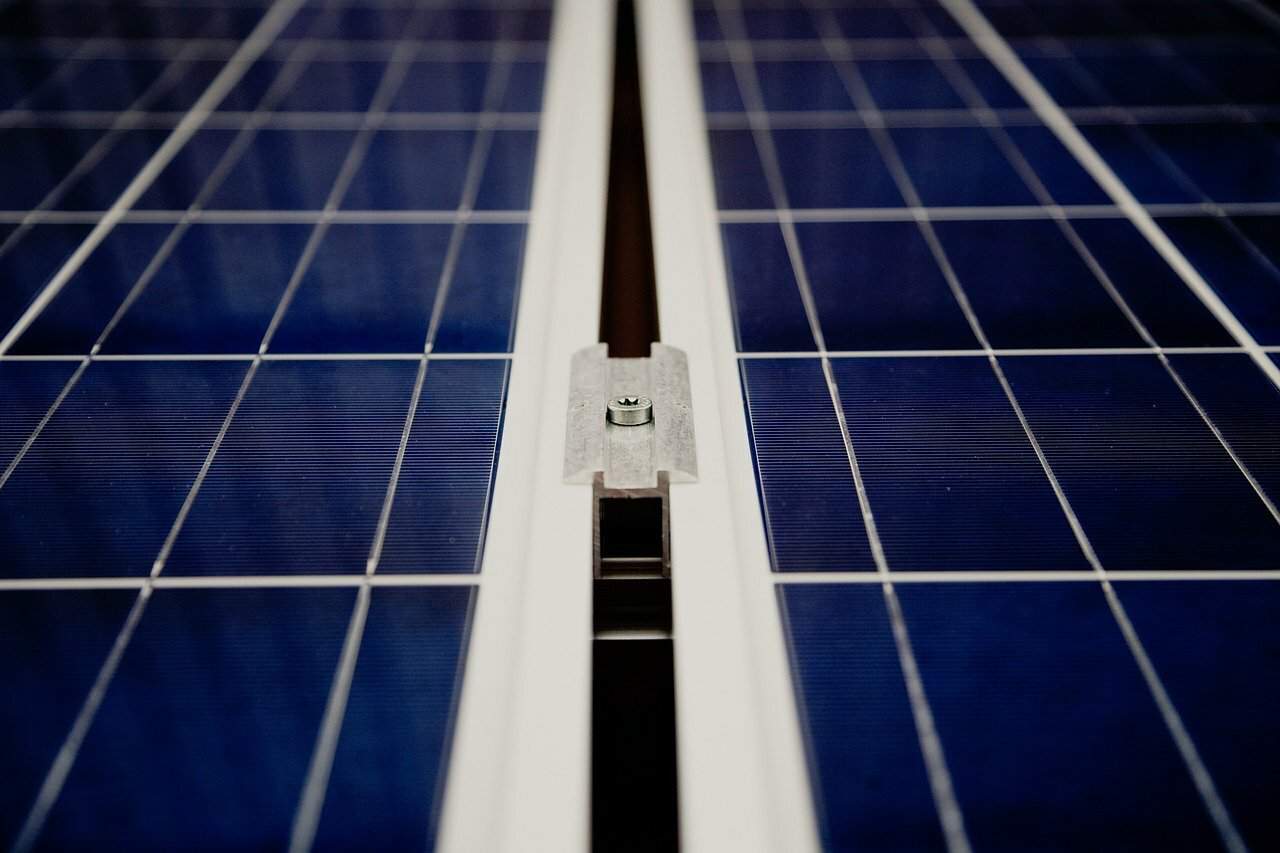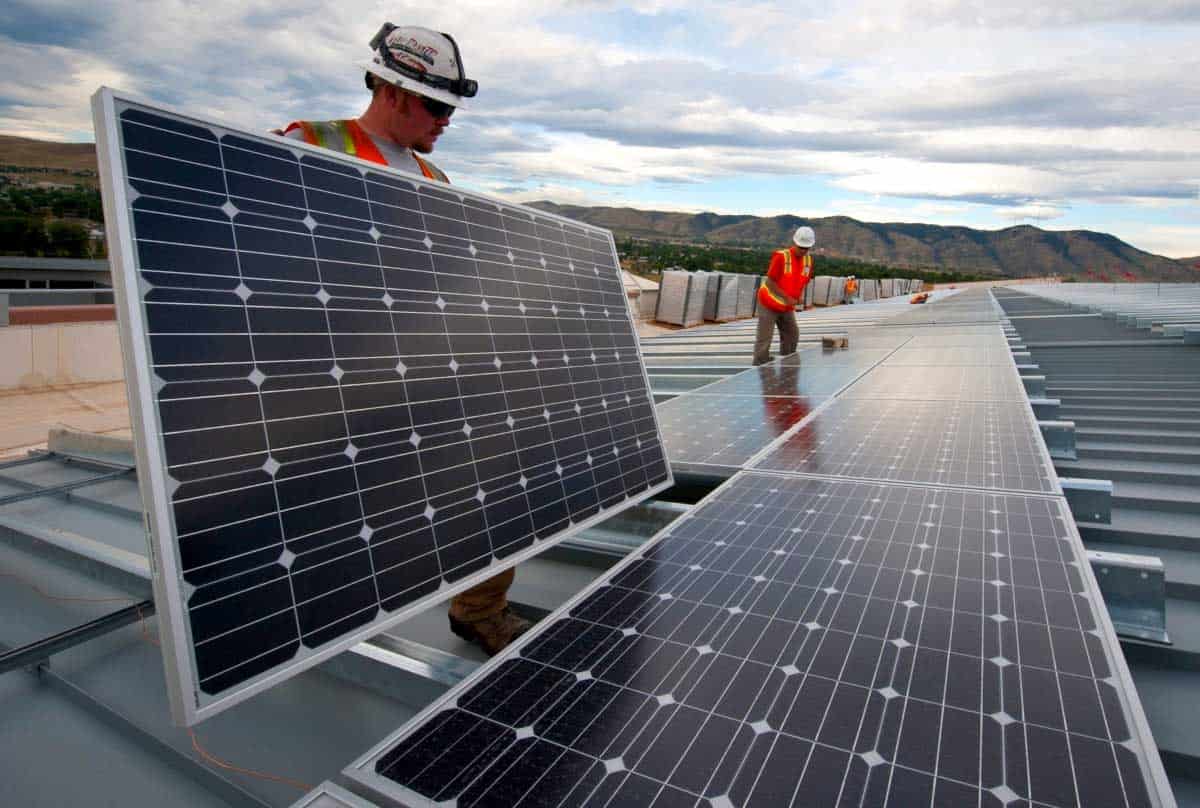Solar panels are soaring in popularity. In the US, over 600,000 homes now have panels. They’re no longer just for the wealthy and environmental early adopters. Fossil fuel prices rise, but the cost of solar is coming down. We’re at the point where buying or leasing solar panels can make financial sense for ordinary middle-class people. However, they’re still a major investment.
Discover Energy Audits with Solar Energy and ONIT Home
Try our Free Energy Audit to make sure your home is performing at optimum energy efficiency. We’ll inspect every nook and cranny of your home to make sure it’s best serving your needs. We’ll also give you tips on lowering your energy bills, conserving energy, and creating a more efficient space. To learn more about how we can help you maintain a top performing home, visit us online to get started!
How To Pay for Solar Panels
Solar panels save money over time, but it takes years for the energy savings to make up for the cost of installation. A typical home solar system might cost $15,000 to $30,000 to install. Federal tax credits and other local credits can bring that number down, but that’s still a big dollar figure. The average homeowner doesn’t have that kind of cash under the mattress or in a piggy bank.
There are ways to borrow the money. There are personal loans and home equity loans. Also, special financing sources specifically support going solar. Still, loans require that you pay interest. You must make an upfront commitment that is likely to pay for itself over time, but energy savings aren’t guaranteed.
Another option is to lease solar panels. There’s no money down, no shopping for financing, and you’re set to go as soon as the installer can schedule the work. Energy savings start from day one. It’s relatively hassle-free to enter a lease agreement. A lot of people are doing it, and it may be the right choice for some people.
Sounds tempting, doesn’t it? No muss, no fuss. Just call up a provider and say, “Lease me.” However, there are some disadvantages to leasing solar panels. These might not be clear. Before you sign, do your homework and fully understand all the pros and cons of leasing.

Other Forms of Financing
If you want to own solar panels, you don’t necessarily have to write out a check for $15,000 to $30,000. There are a number of options for borrowing the upfront money. For example, home equity loans and HELOCs; these are usually tax deductible with low rates. There are loans specifically for solar installation. There’s a Fannie Mae program that finances solar installations for homeowners when they buy or refinance.
You may arrange loan terms where your loan payment is less than what you were paying the electric company. Then you start saving right away.
Things To Know About Leasing Solar Panels
When you lease solar panels, an installer comes out and places them on your roof. However, you don’t own them. They still belong to the leaser. You sign a contract, usually for 20 or 25 years, to pay the company. At the end of that time, most vendors give you the option of renewing the lease or purchasing the system. Or you can just let them take the panels away.
There are two common forms of lease payment: regular monthly lease and power purchase agreement.
- Regular Monthly Lease. You pay a fixed monthly rate for the use of the panels, no matter how much energy you consume. If the amount is less than your old electric bill, you come out ahead.
- Power Purchase Agreement (PPA). With a PPA, you don’t pay a monthly rate. Instead, you pay a set rate per kilowatt-hour for the actual energy you use. Assuming the rate is lower than the electric company rate, you save money every month. PPAs are not legal in all states.
As with any type of contract, terms vary. In most leases, maintenance and repair are the responsibility of the panel company. Some leases include a guarantee where they’ll offer a refund if the sun doesn’t shine enough and your savings are less than expected.
In either case, you stop paying the local utility company and make a payment to the panel leasing company instead. There should be no costs other than your monthly payment. It’s easy to see if you’re saving money and, if so, how much.

Pros of Leasing Solar Panels
- Zero Down. There’s little to pay up front. In most cases, it’s a zero-down transaction.
- Easy Process. It’s simpler then buying. There’s no shopping separately for an installer and for financing.
- Instant Savings. The savings start immediately. You don’t have to wait to get a tax credit. You don’t have the longer payback period of purchasing. As long as solar energy is cheaper than the grid, you’ll lower your monthly costs.
- No Maintenance. You don’t have to maintain the system. You don’t bear the risk of the system failing. If something breaks, the leasing company is contractually required to come out and fix it.
- Lease Renewal Available. If you want to continue to use the panels when the lease is up, in most cases you can buy them at a prearranged and possibly discounted cost.
- Reduce Carbon Footprint. You can have the satisfaction of doing something for the environment without the commitment of ownership.
- Mobile App Integration. Most leases include an app you can use to track your system’s performance.
- Some leasers guarantee solar output and will refund some money if your system generates less electricity than expected.
Cons of Leasing Solar Panels
If at this point you’re sold on the advantages of leasing, you need to read on. There are disadvantages as well, and not all of them are obvious.
- Little Financial Return. Even though leasing offers some immediate savings, ownership is a better financial deal in the long run. When you own solar panels, the output of the sun is free. You have only to keep your solar panels maintained and in good repair. There are no electric bills. Once you recover your upfront costs, the savings are much bigger and they just keep coming. You don’t pay the utility company and you don’t pay a leasing company.
- No Incentives or Tax Credits. Leasers miss out on federal tax credit and other local financial incentives.
- Lack of Control. You don’t have control of your roof. The leasing company decides where panels will go. They’re concerned with maximizing profits and not with how your building looks. You may wind up with more panels than you want or panels that are highly visible and ugly.
- Hidden Fees. Many leases have an escalator clause. It’s often a set percentage per year. If your lease costs rise faster than local electric costs, you might wind up saving little or no money.
- You Own Nothing. When the lease is up, the company can come out and take the system away. If you have a favorable lease renewal or purchase agreement in your contract, you can exercise it. If you don’t, and you want to stay solar, you’re back to square one.
- No Additional Property Value. A leased solar system does nothing to increase the value of your home or business. In fact, it can be a detriment if you need to sell before the lease is up. If your buyer won’t agree to take over the lease, you’ll have to buy it out from the provider. Some leases have unpleasant buyout terms. It’s not unheard of for the buyout amount to be more than the sum of the remaining lease payments.
- No Net Metering. If you own, and your panels generate more energy than you need, you can sell the extra energy back to the grid. If you lease your panels, you lose this opportunity.

Considerations if You Lease Solar Panels
If you decide to lease your panels, it’s critical to do your due diligence before you put pen to contract.
- Review the final placement of the panels. Make sure it hasn’t changed since the initial proposal.
- Inform your home insurer. Sometimes panel coverage is at no additional cost, but it needs to be on the policy.
- Understand what’s covered under the warranty and service plan. Make sure the company has taken contractual responsibility for any damage not only to the panels but also to the roof.
- Understand how the costs may change over time.
- Make sure the buyout terms are ones you can live with. Some companies may be willing to move the panels and transfer the lease from your existing house to a new one. Know whether they’ll do that and how much it will cost.
Overall, remember that 20-25 years is a long time and a lot can happen. While it’s easier to get started on a leasing program, signing up for one requires as much care and diligence as buying.
So, Should I Lease My Solar Panels?
As with any lease vs. buy decision, it depends.
- Both leasing and buying offer cost savings plus give you the satisfaction of using a sustainable energy resource.
- With leasing, it’s easier to get started, and you save money right away.
- Ownership offers more financial advantages in the long run.
- Leasing is not as risk-free as it might appear. It’s important for lessees to understand all the contract terms plus the difficulties they might encounter during the 20-25 years of the agreement.
ONIT can help you cut through the complexities. We’re an expert in both installing and financing residential and commercial solar panels. Call 1-833-433-0331 to understand how you can get started with solar. Or use our online form for a free, no-obligation quote.
Ready to learn more about how solar solutions can benefit your home? Reach out to the professionals at ONIT for a personalized quote. ONIT’s expert team can help make your green energy goals a reality. And when you install a solar power system with ONIT Home, you can install a whole home water filtration system and smart security system for FREE with installation in two weeks. Contact us today at 1-833-433-0331 to learn how you can enjoy this special offer.



